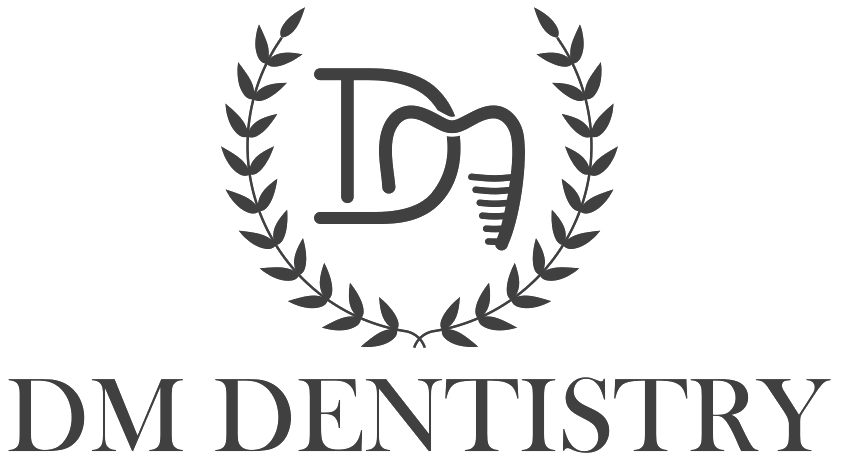Family Dentistry
Oral Cancer Screening in San Ramon
Regular oral cancer screenings are crucial, especially for those in high-risk groups, as they can detect signs of the disease before it spreads. Early detection allows for timely treatment, which significantly increases the chances of remission and successful management. This proactive approach to oral health care can make a critical difference in outcomes for patients.

